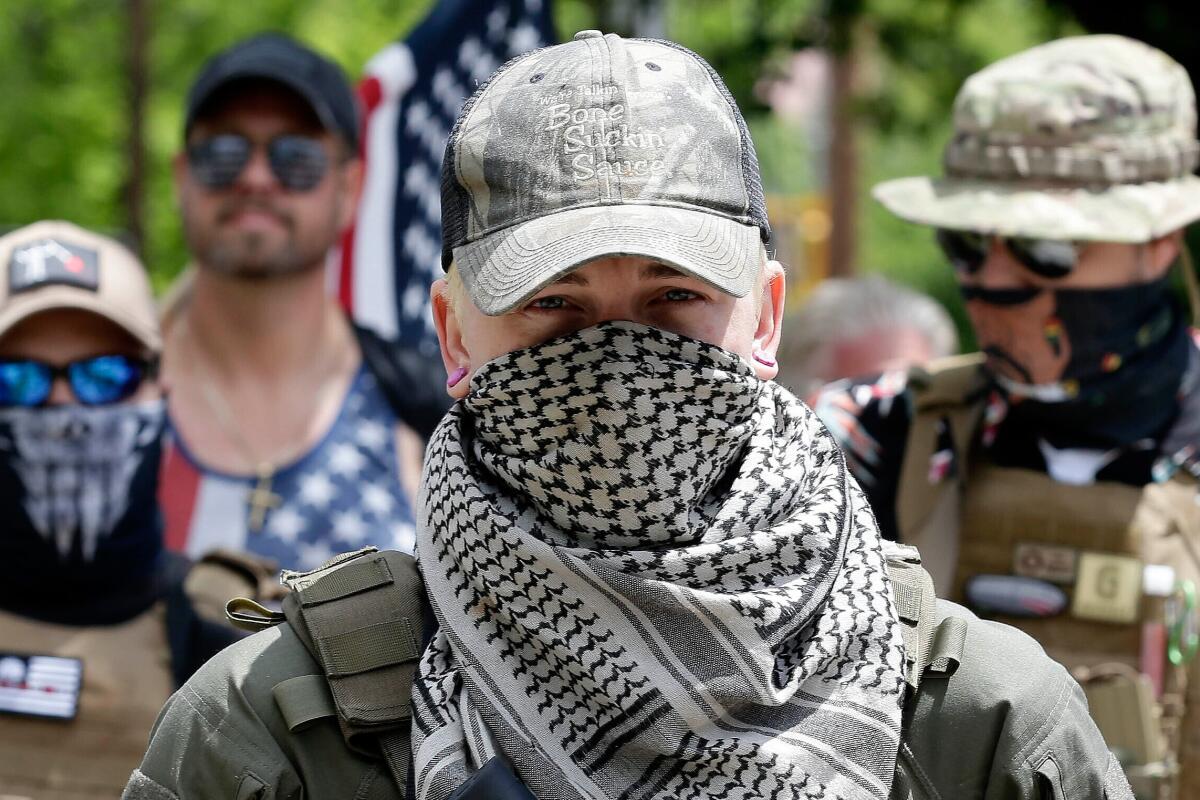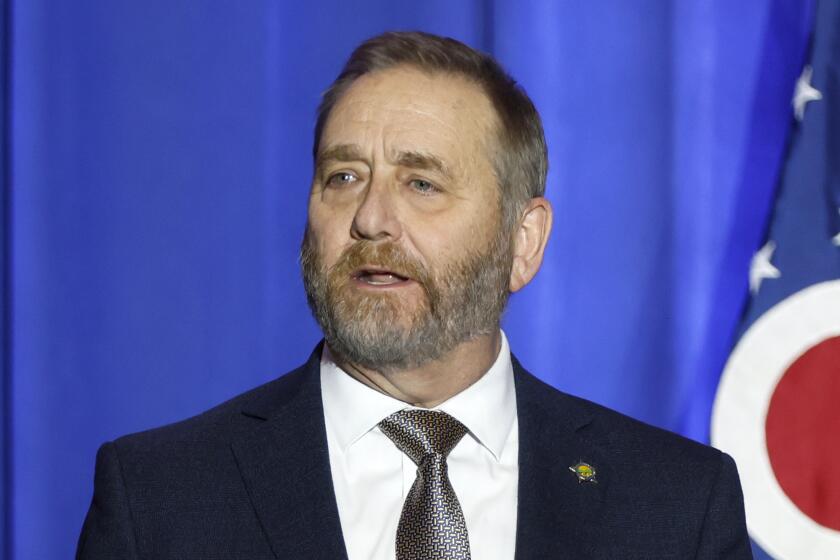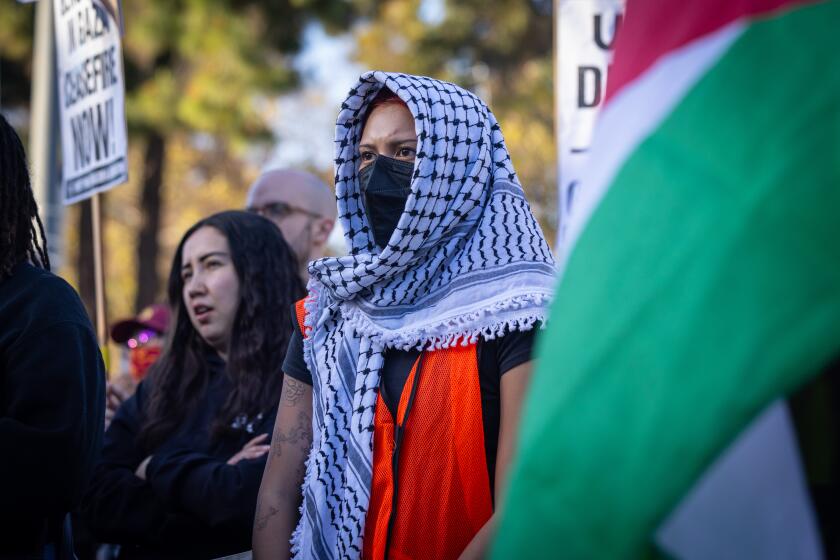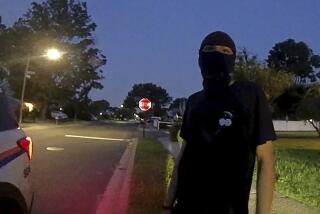North Carolina law would enhance penalties on those wearing masks at protests

RALEIGH, N.C. — People wearing masks during protests could face extra penalties if arrested, under proposed legislation in North Carolina. Critics say the legislation could make it illegal to wear a mask in public as a way to protect against COVID-19 or for other health reasons.
Republicans supporters say the legislation, which passed its first committee Tuesday, was prompted in part by the wave of protests on universities nationwide — including at the University of North Carolina at Chapel Hill — against Israel’s war in the Gaza Strip.
State Sen. Buck Newton, a Republican, brushed off concerns that getting rid of pandemic-era exemptions on masks was overly broad, saying he expects authorities to use “good common sense.”
“We didn’t see Granny getting arrested in the Walmart pre-COVID,” Newton said as he presented the bill Tuesday in the state Senate Judiciary Committee.
While the main thrust of the bill enhances penalties for people wearing a mask while committing a crime or intentionally blocking traffic during protests, most concerns centered on the health and safety exemption. According to the bill’s summary, people could no longer wear masks in public for medical reasons.
Ohio official warns that a law to deter Ku Klux Klan demonstrations could be used to charge students who wear masks during pro-Palestinian protests.
“You say, ‘Well, this wasn’t a problem before COVID,’” Democratic state Sen. Natasha Marcus told Newton. “The world is different now. We can’t go back to when pandemics didn’t happen.”
The exemption was added to state statutes in 2020, along mostly bipartisan lines.
The general statutes on masking go back to 1953. As a way to curb Ku Klux Klan membership in North Carolina, the state legislature passed a slew of restrictions targeting “prohibited secret societies,” including most public masking, according to a 2012 book by David Cunningham, a sociology professor at Washington University in St. Louis.
During public comment, several speakers voiced disapproval for the bill, such as Melissa Price Kromm, executive director of the North Carolina for the People voter engagement coalition, who called the legislation an “anti-protest bill” that aimed to curb free speech.
If passed, the bill would enhance punishments for people using a mask to disguise their identity while committing a crime — making their misdemeanor or felony one class higher than if they weren’t wearing a mask. Intentionally blocking traffic or obstructing emergency vehicles for a protest would also be criminalized.
Since the start of the Israel-Hamas war, instances of pro-Palestinian protesters blocking roadways have occurred across the country, including in Raleigh and Durham. In recent weeks, tensions escalated on UNC’s campus, with several arrests and clashes with police. Many demonstrators wore masks.
California colleges are giving student protesters ‘interim suspension’ notices, a disciplinary process typically reserved for the most serious misconduct.
When the bill was first discussed last week, it was met with silence from all committee members. That wasn’t the case Tuesday, as several Democratic legislators, as well as members of the public, expressed concern with the potential ramifications.
State Sen. Sydney Batch, a Democrat who said she was immunocompromised during the pandemic, cited the health exemption removal as one of her biggest concerns about the bill.
When asked by Batch if someone wearing a mask for health purposes would be violating the law, a legislative staff member said they would, because the bill repeals the exemption.
Newton said he could revisit the bill if problems arise.
Batch told reporters after the committee that she planned to meet with Newton this week to discuss her issues with the bill before it reaches the Senate floor.
Seminera writes for the Associated Press.
More to Read
Sign up for Essential California
The most important California stories and recommendations in your inbox every morning.
You may occasionally receive promotional content from the Los Angeles Times.












